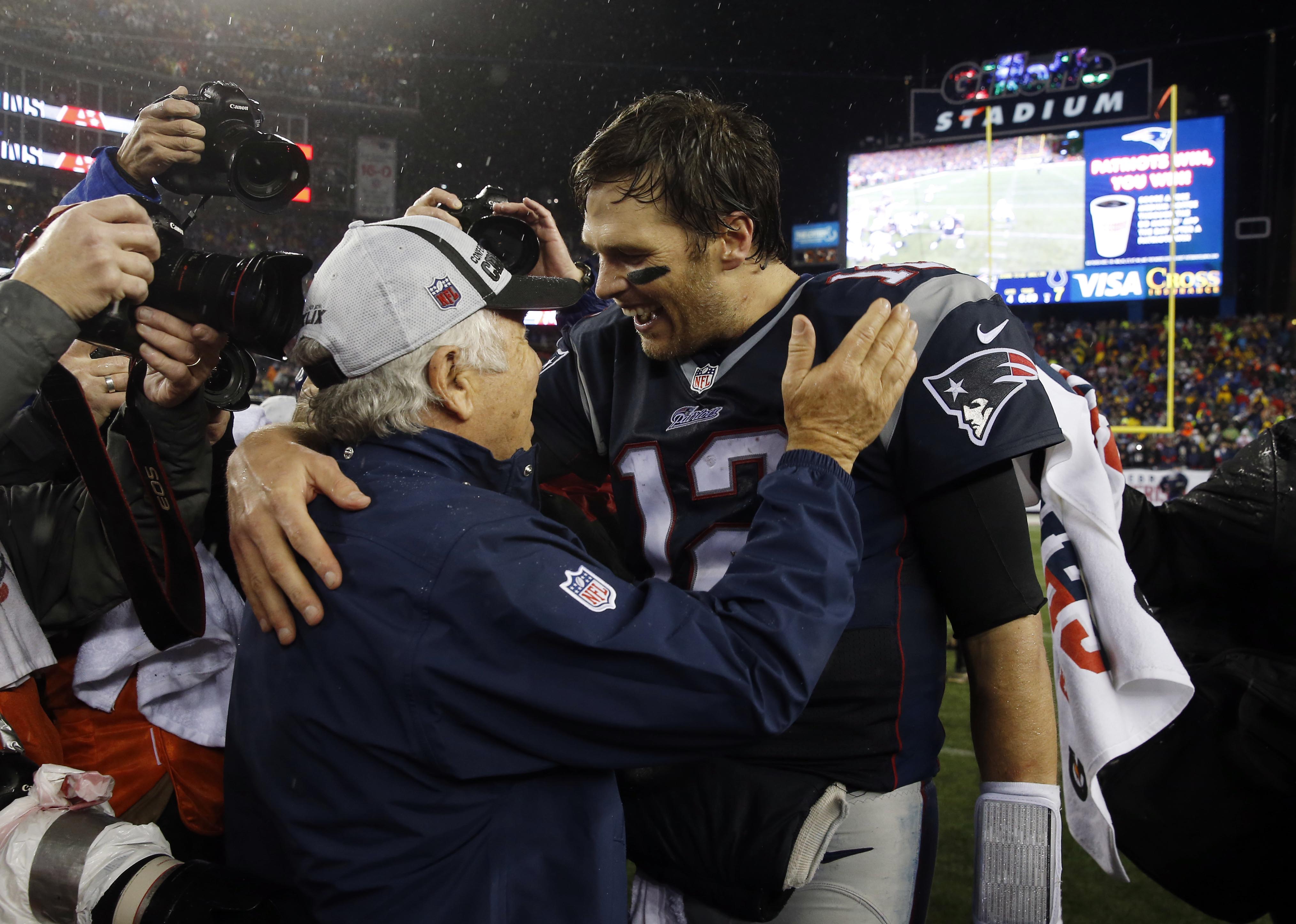I have been provided the opportunity to sit in on a class taught by ESPN and Sports Illustrated writer Andrew Brandt that is called Business and Legal Aspects of Professional Sports. Brandt is teaching the class through Villanova University’s online offering, which makes it easy for anyone to access the content.
One of the toughest topics to comprehend in the world of sports relates to labor issues. The major U.S. professional sports leagues have entered into collective bargaining agreements with players in order to set certain workplace rules and regulations regarding employment. These agreements take the vast majority of potential disputes between players and the various leagues out of the judicial system and require them to be arbitrated through a prescribed procedure that is intended to be quick and confidential in nature.
Take Tom Brady as an example. Brady was suspended four games for his suggested role in the deflating of NFL footballs. The collective bargaining agreement, that he and his fellow NFL player colleagues agreed to in the most recent round of negotiations, allowed Commissioner Roger Goodell to serve as arbitrator. Thus, it is hard for Brady or the NFL Players Association to argue that Goodell improperly held such a role when it was voluntarily agreed to by the NFL players as a group. Furthermore, players agree to such a scenario in their uniform contracts.
The problem for Brady and any other player seeking to challenge such a system of arbitration is that courts are extremely reluctant to overturn decisions made by arbitrators. If the arbitrator was voluntarily selected (and it can be easily argued that Goodell was permitted to oversee Brady’s appeal), then only under a certain limited number of contingencies will the decision be vacated. The fact that Brady failed to hold on to key evidence in the form of text messages will hurt him in any argument he makes in a court of law.
A key takeaway here is the importance that collective bargaining agreements play, not only in setting salaries, describing the workplace environment and setting limits on workouts, but also with regard to dispute resolution. By providing expansive power to the commissioner, players give up a lot in the instance that things do not go according to plan. It may not be something on top of mind when negotiations are occurring, but as can be seen here, the effects can be broad and burdensome.
If you’re interested in learning more about Villanova’s online sports program, please visit VillanovaU.com/SABSponsor.

One reply on “Collective Bargaining Becomes A Burden For Brady”
I know making as much money as possible is at the top of players minds,but Goodell and his power always makes the players the maddest. Maybe next negotiation period the players should make that the number one thing to get straight first,since the money will be there. Ppl were mad that the Steelers were the only grp of players not to sign CBA,but they were also the only grp strongly opposed the Goodells unfettered power. While, believe it or not,the Pats were 1st team to totally agree to CBA.